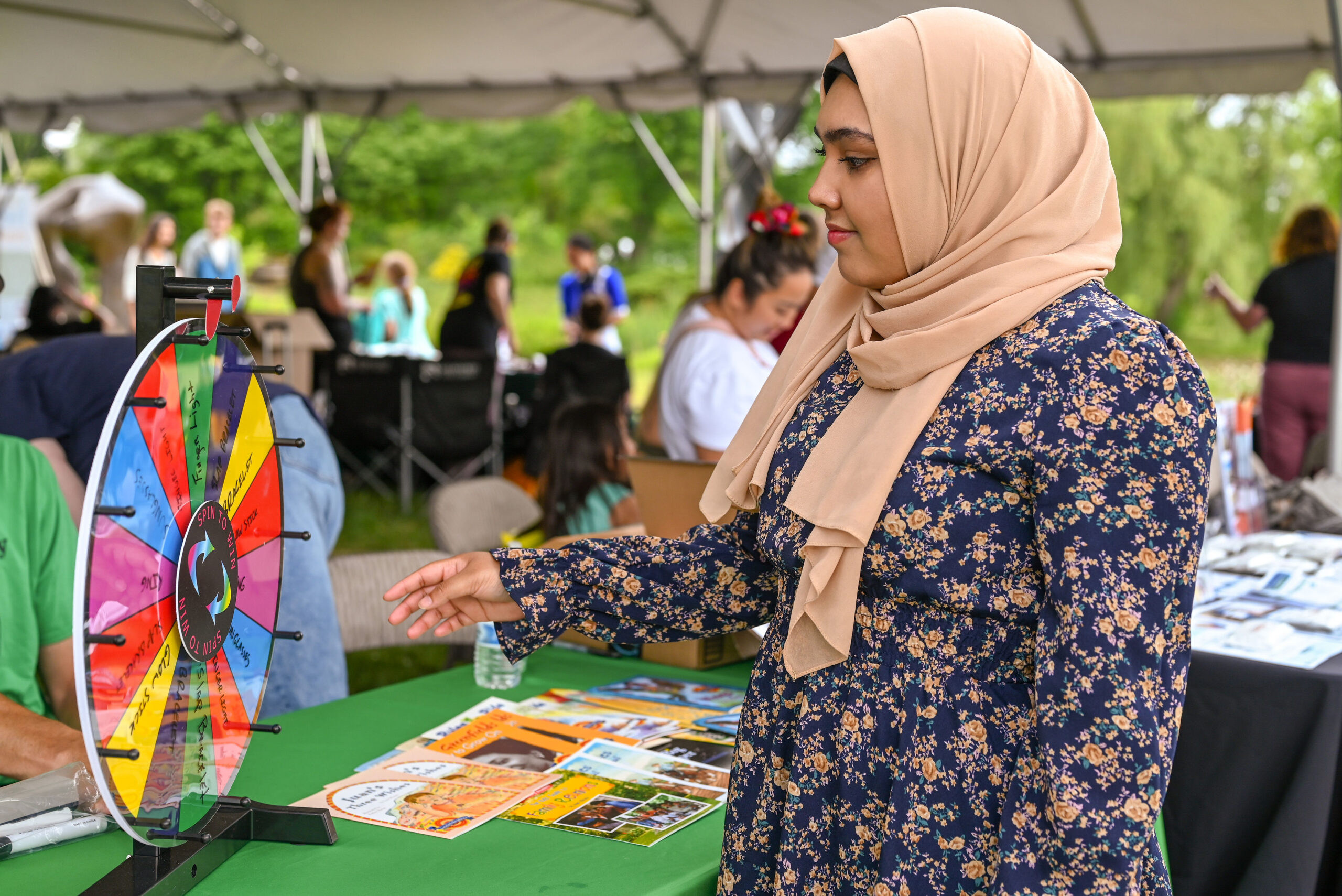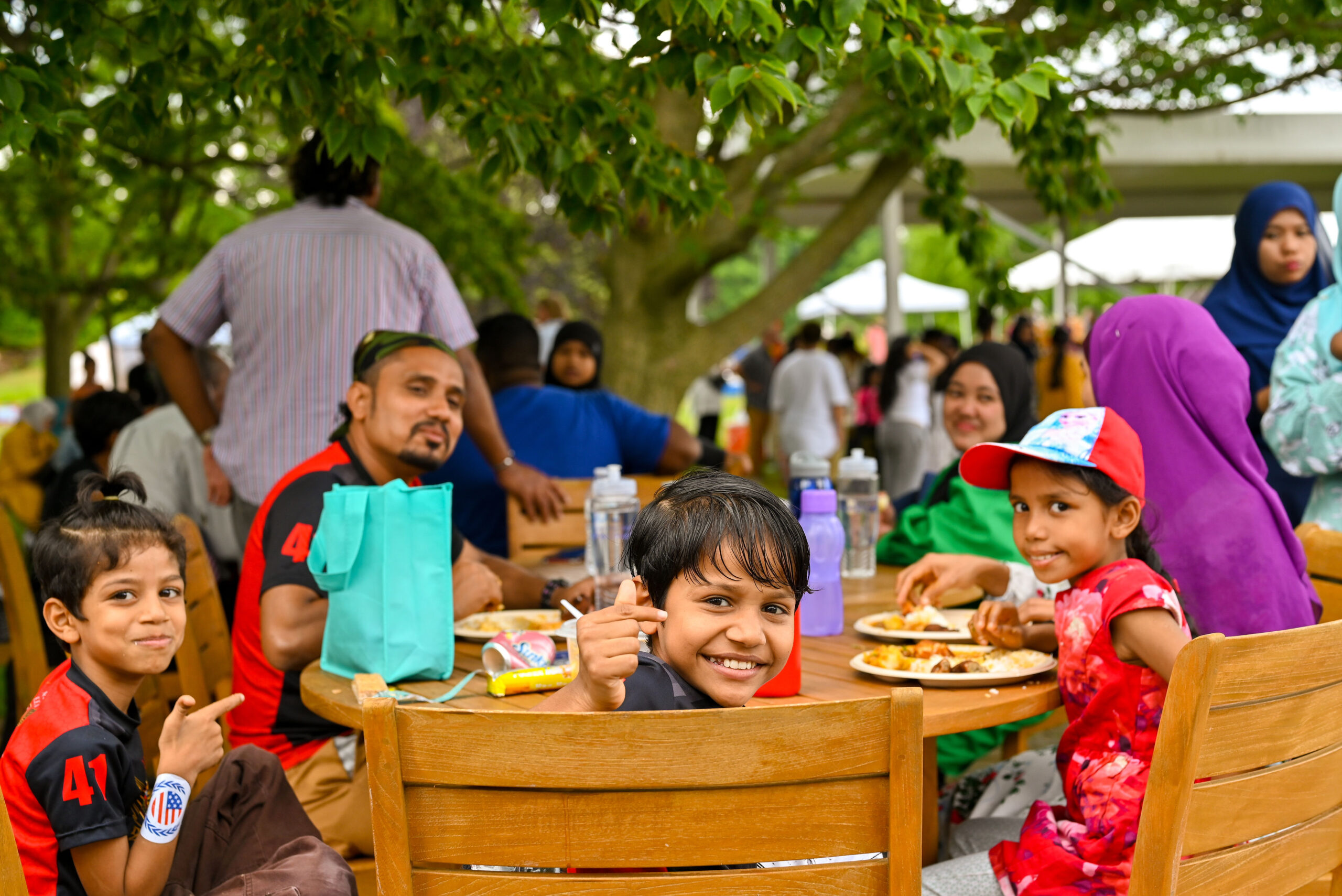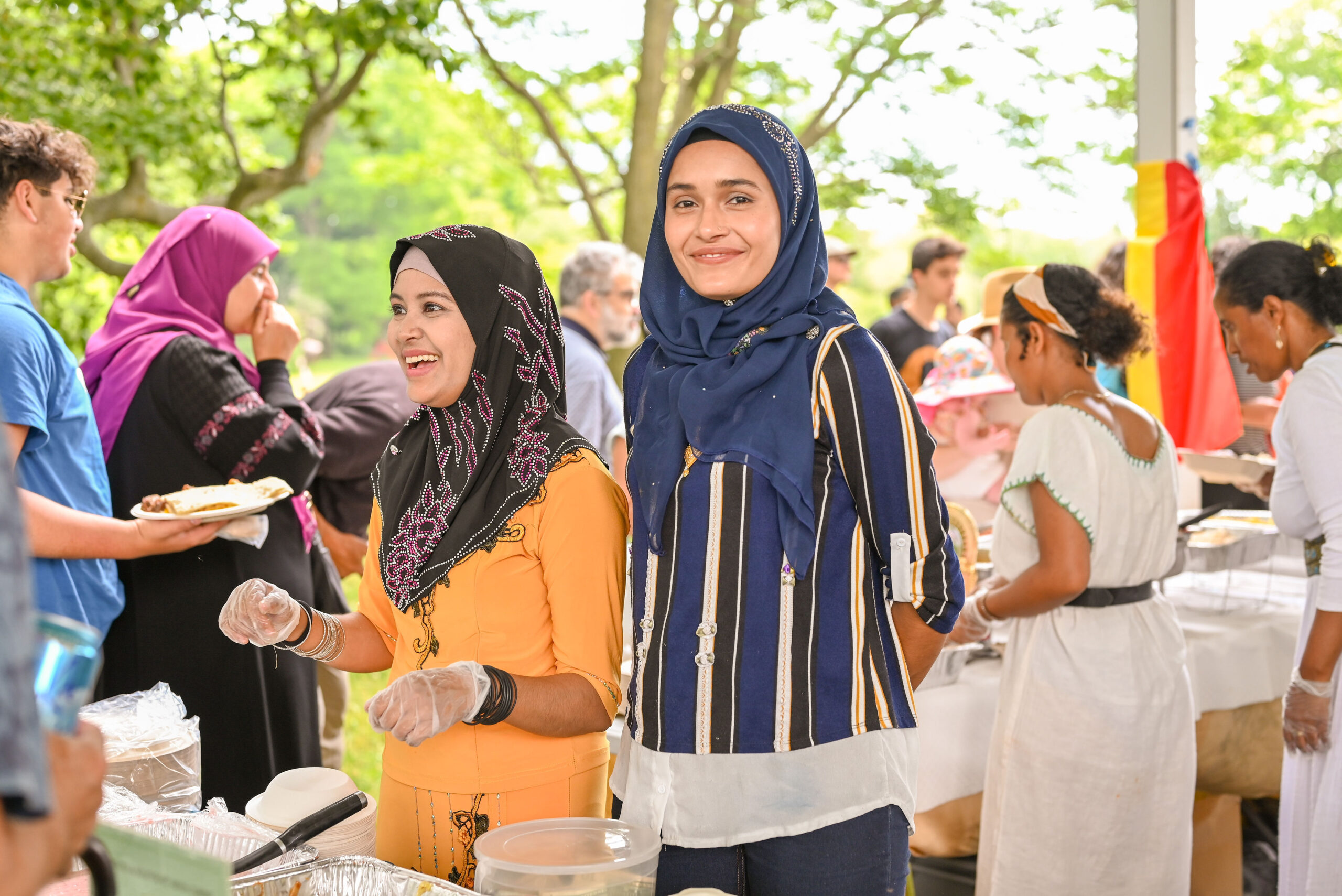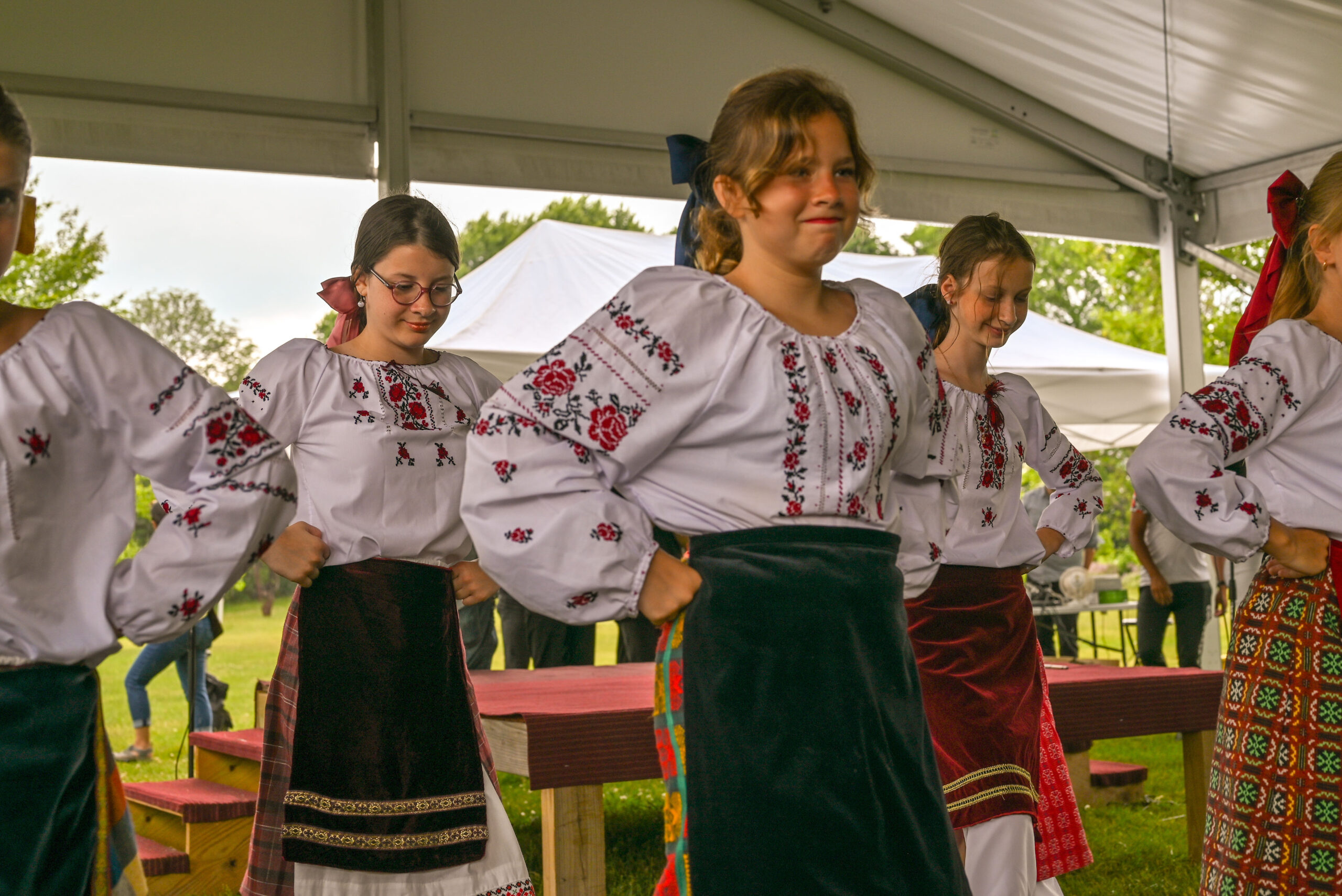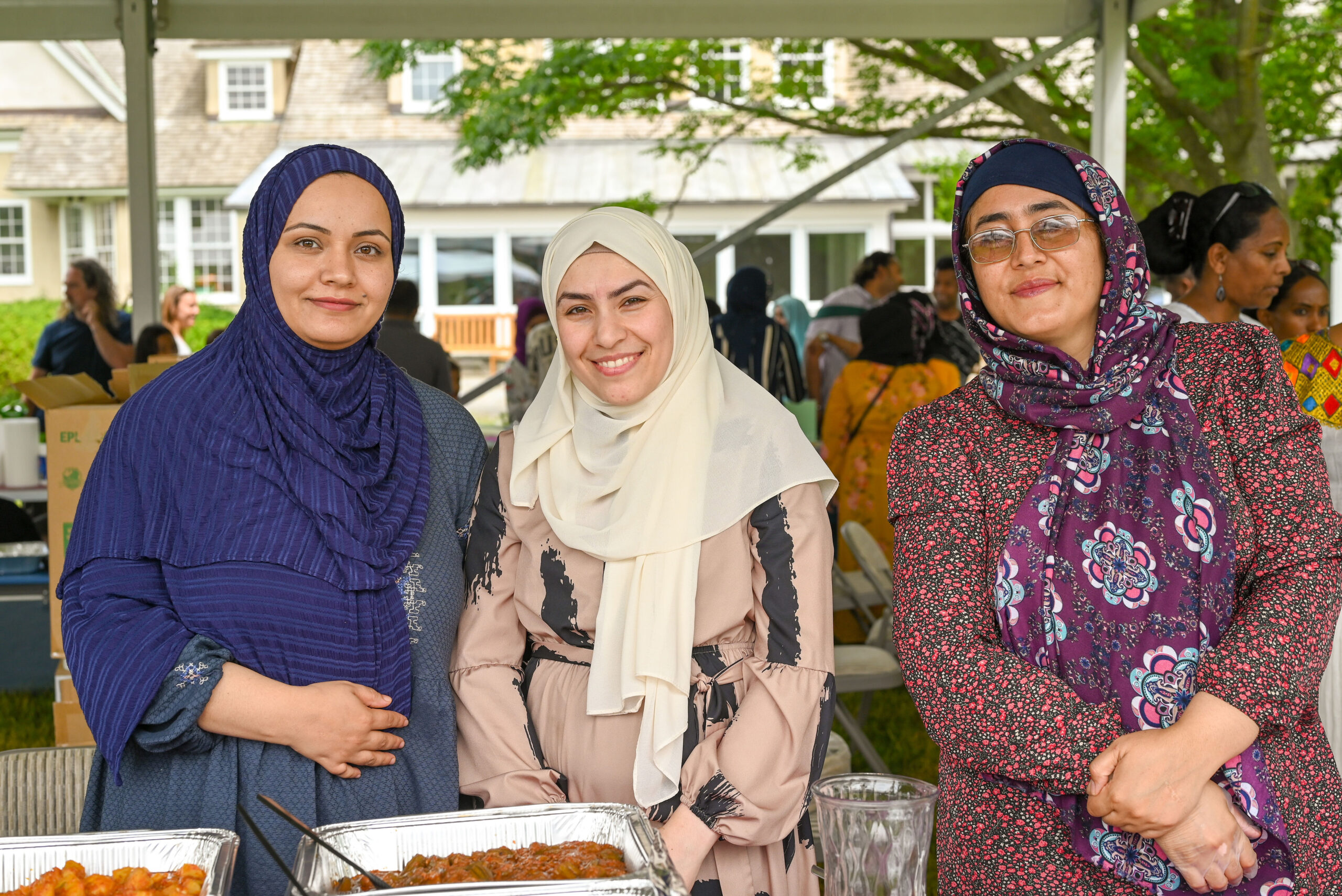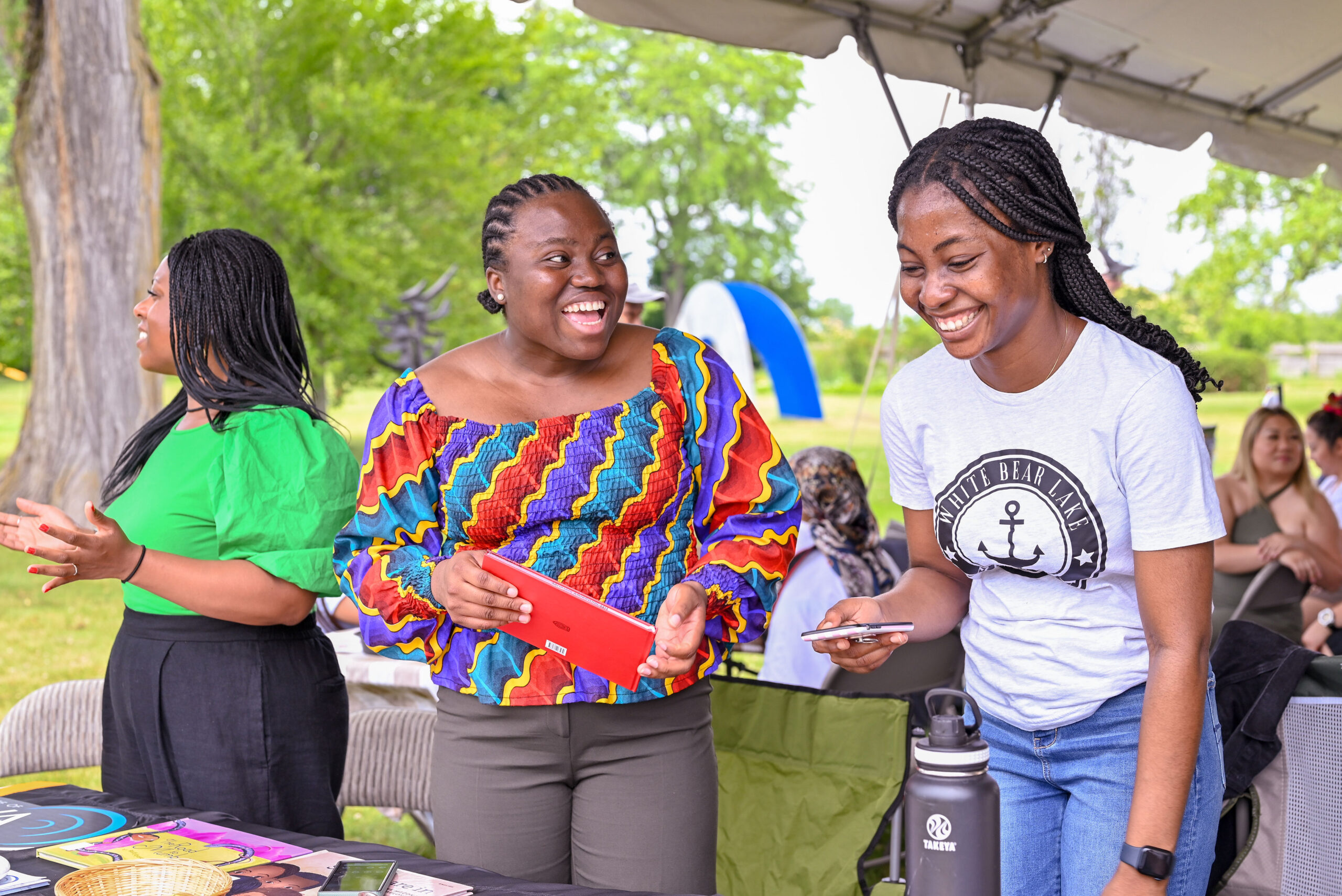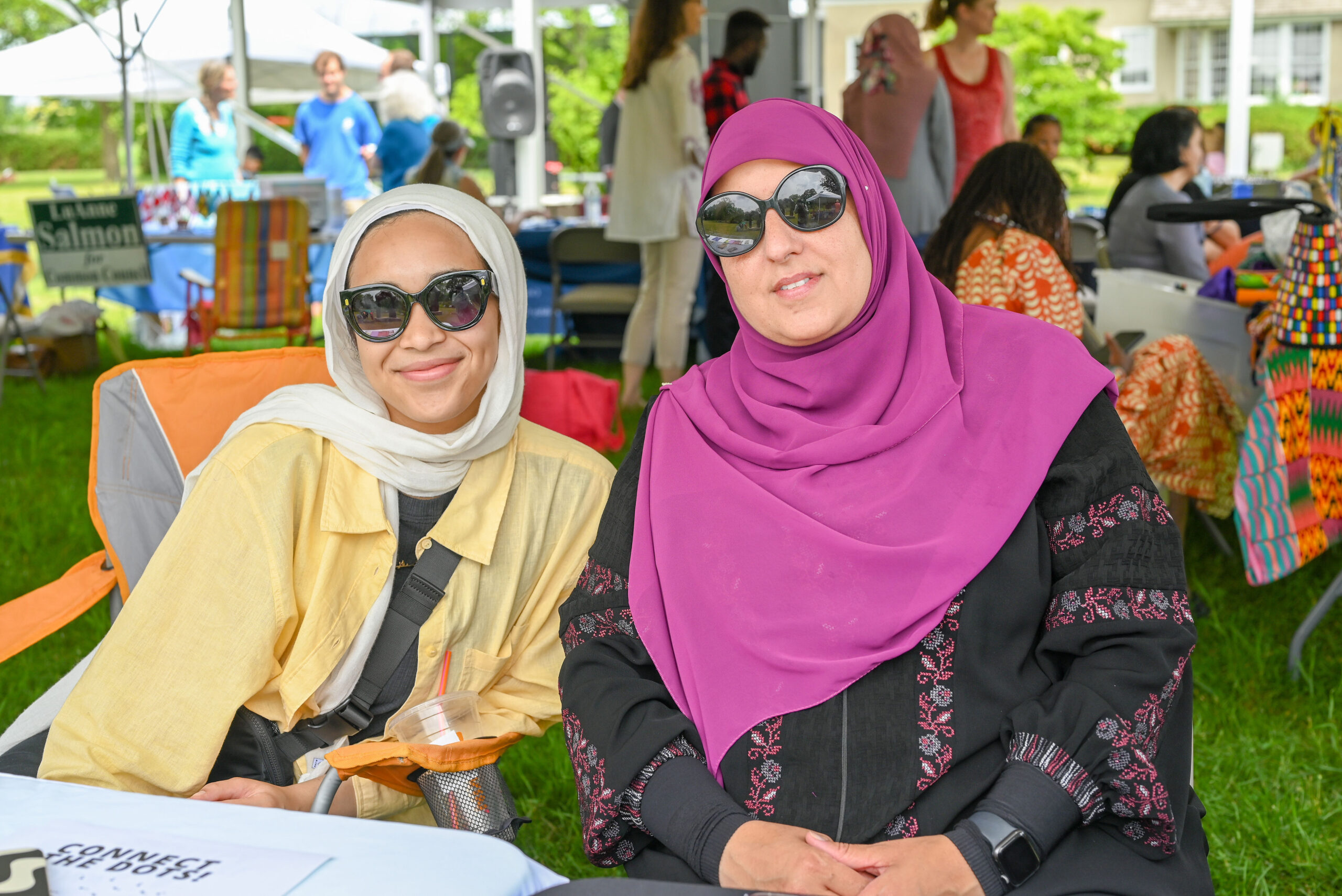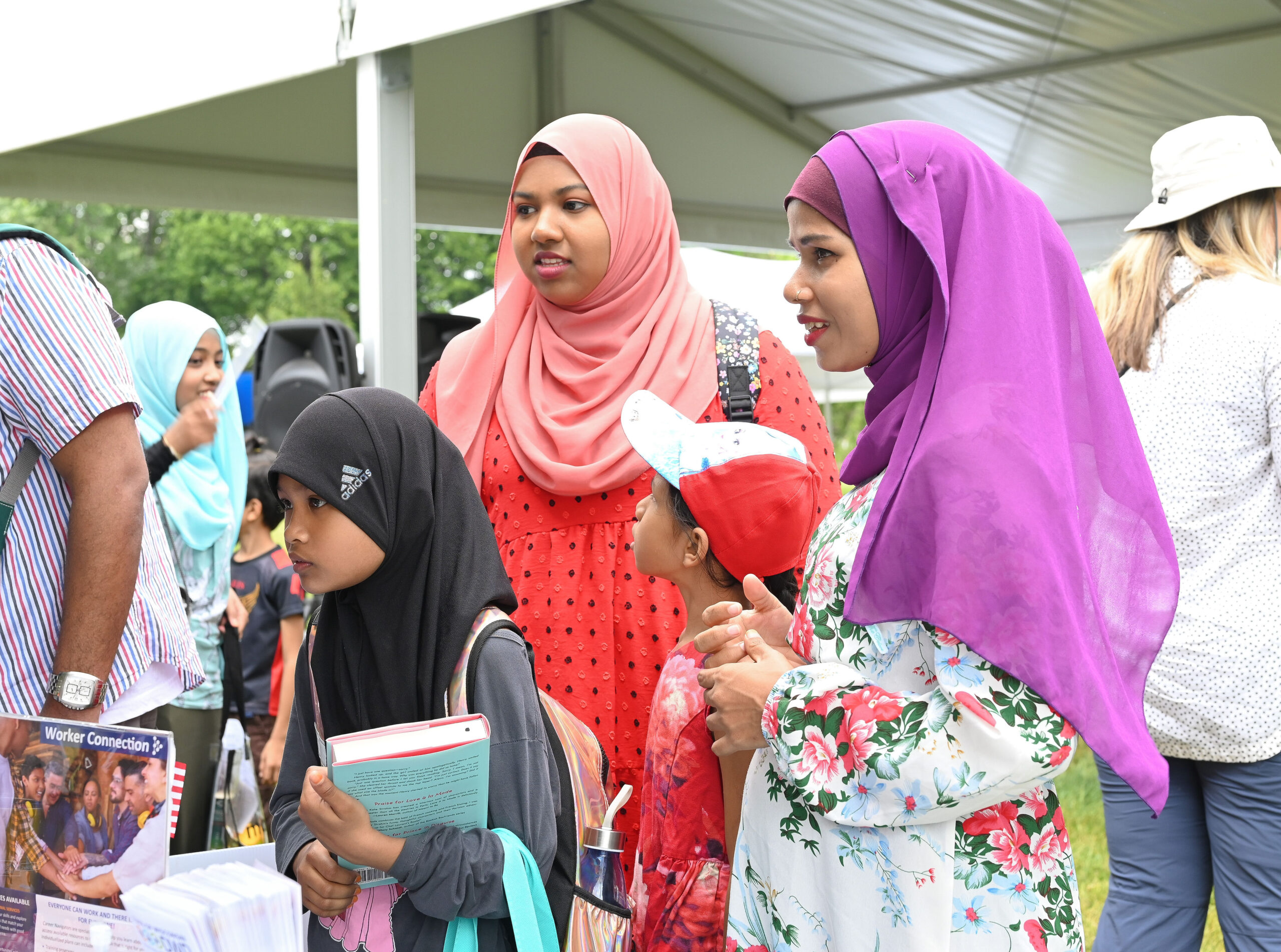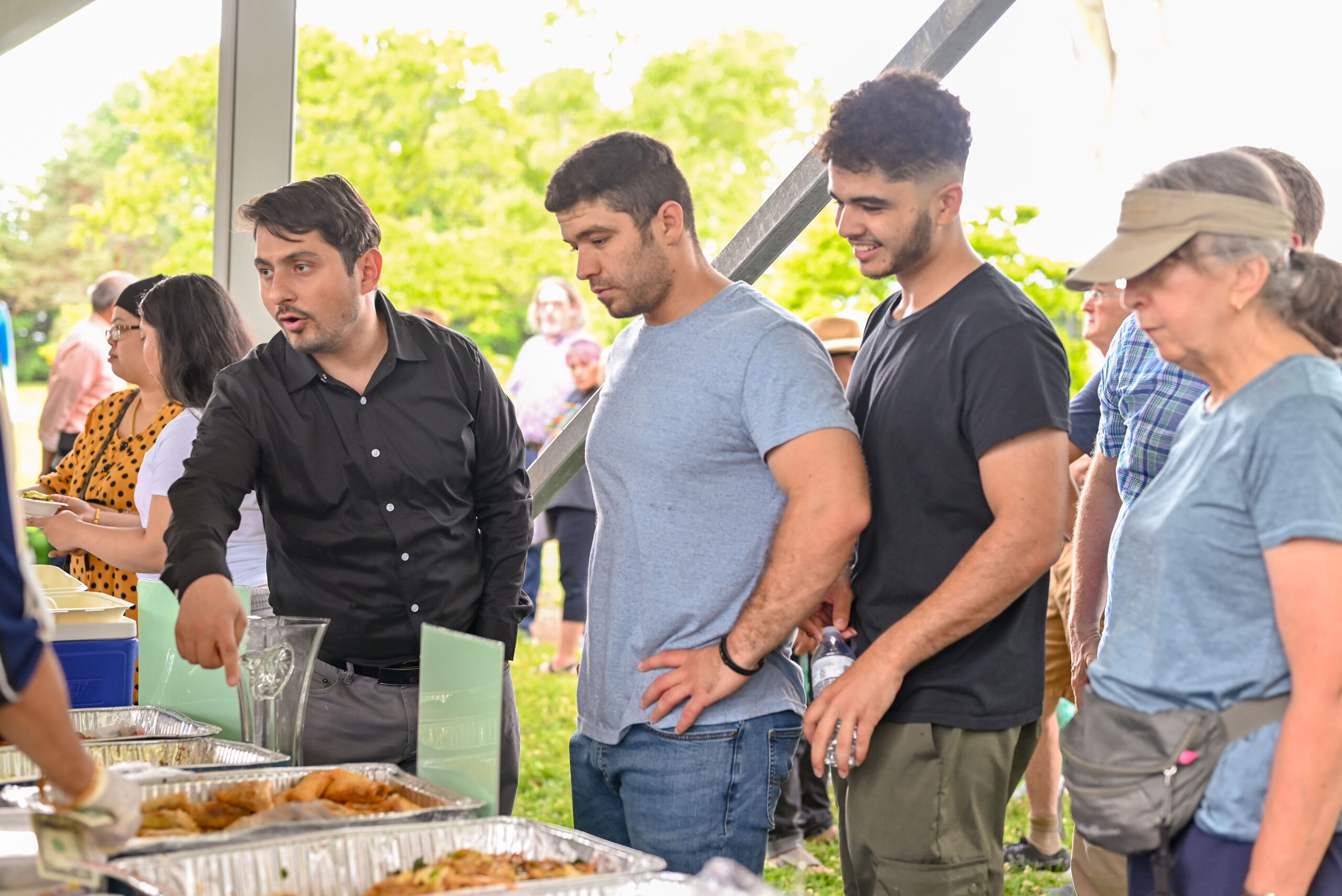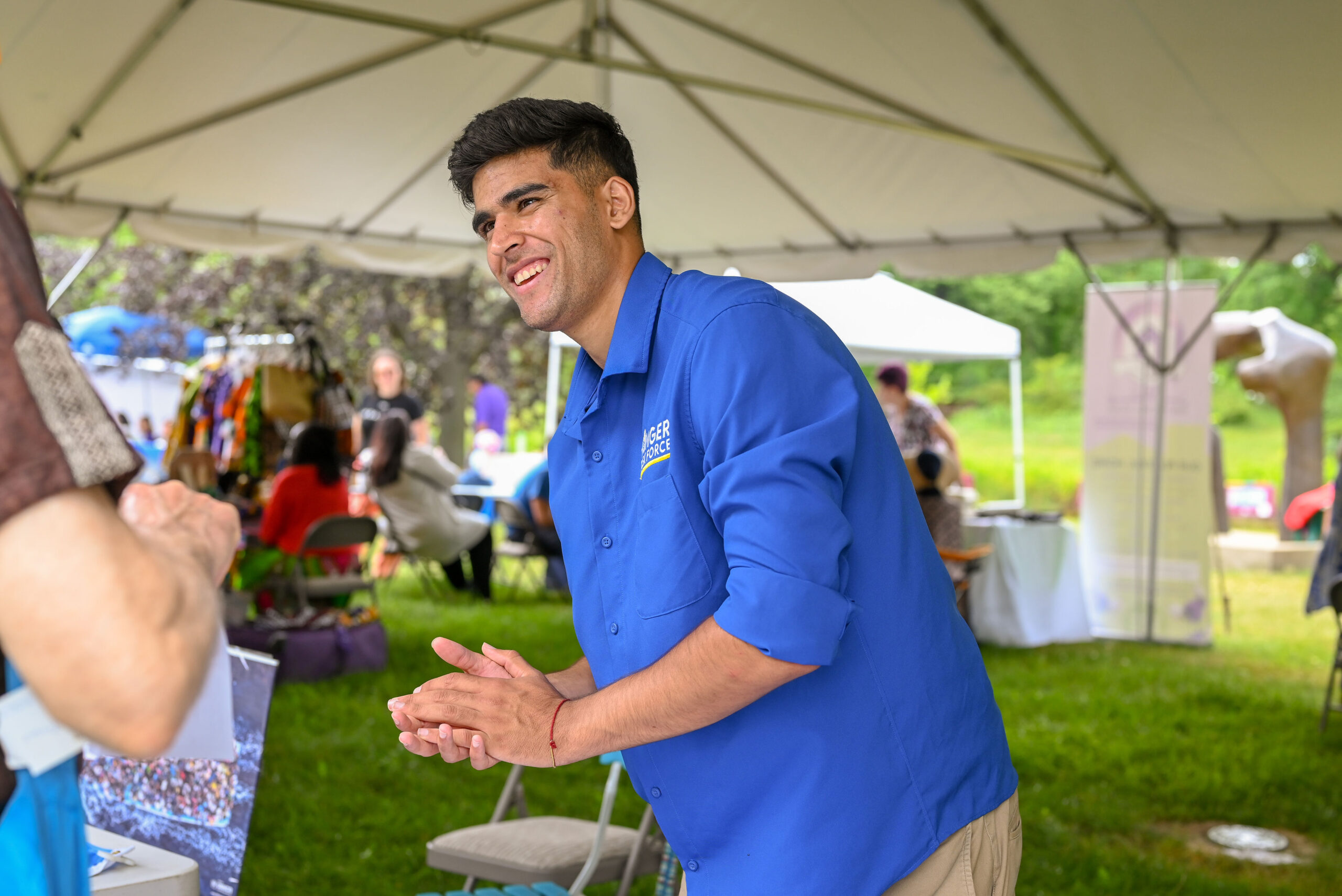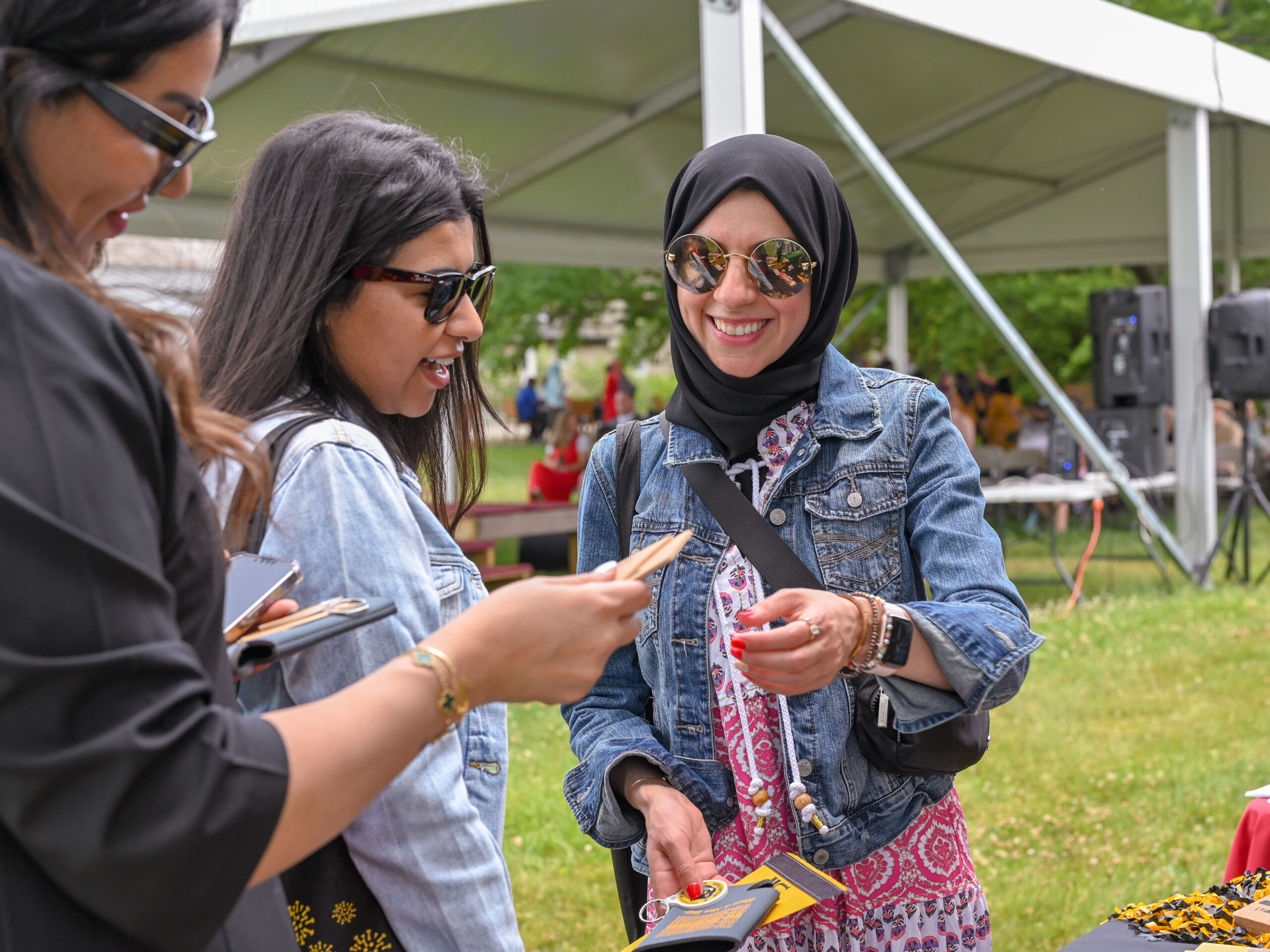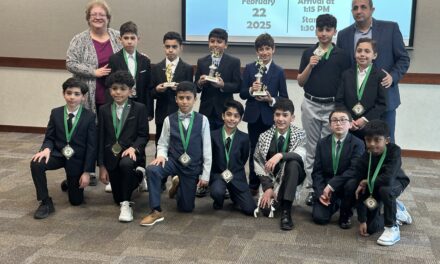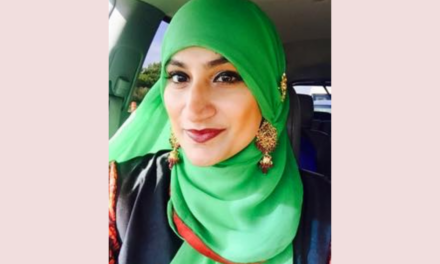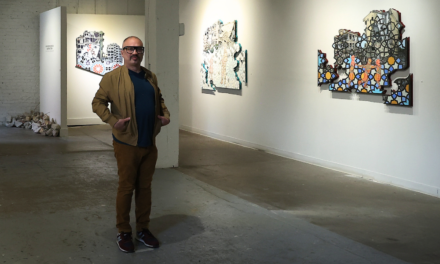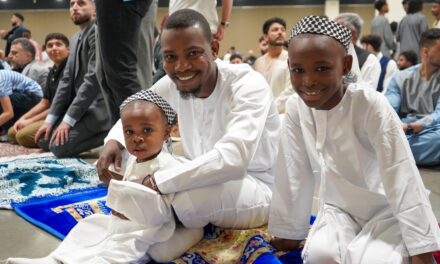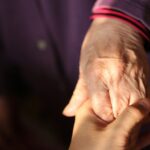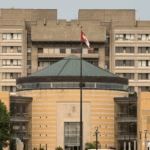
Photos by Mouna Photography
Frey Faris and Rahel Kesis conduct a traditional Ethiopian buna ceremony, roasting coffee beans and spices.
“Not everything can be shared with words,” noted Nurhayati Ali, 23, who hosted the henna booth at HOME: World Refugee Day Sunday at the Lynden Sculpture Garden, 2145 W. Brown Deer Rd., Milwaukee.
On a day dedicated to celebrating the cultures of Milwaukee’s refugee communities, Ali, who came to Milwaukee with her parents in 2002 as a refugee from Myanmar, shared a tradition from the Rohingya-Burmese culture—the art of henna tattooing.
The United Nations has declared June 20 World Refugee Day, a day to honor people who have been forced to flee from their homes. HOME: World Refuge Day at Lynden, co-sponsored by the Wisconsin Department of Children and Families – Bureau of Refugee Programs, is an annual event that includes a celebration of cultures shared through art, food, stories, poetry, music and dance.
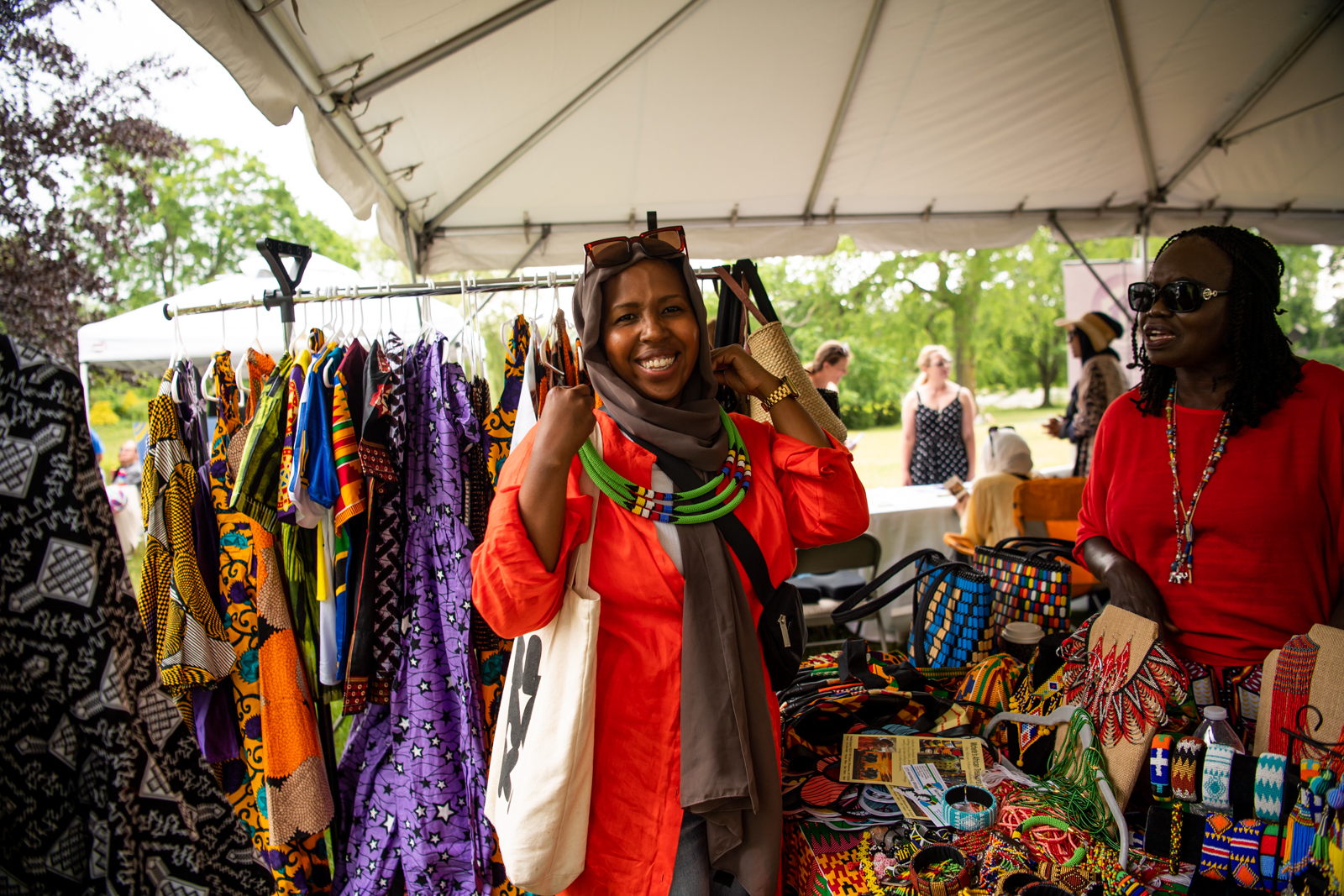
Other sponsors of HOME 2023 are Anthem Blue-Cross Blue-Shield, Hanan Refugee Relief Group, Engauge Workforce Solutions, American Red Cross Wisconsin Region, Rotary Club-Milwaukee, Amigos After Hours, Milwaukee Muslim Women’s Coalition, Our City of Nations Conference at the Medical College of Wisconsin and Milwaukee Public Library. Additional partners include the Community Center for Immigrants, the Institute of World Affairs at the University of Wisconsin-Milwaukee, Interfaith Conference of Greater Milwaukee, Jewish Social Services Madison, Madison Refugee Union, Tables Across Borders, University of Wisconsin-Milwaukee Libraries, Wisconsin for Ukraine and Wisconsin Muslim Journal.
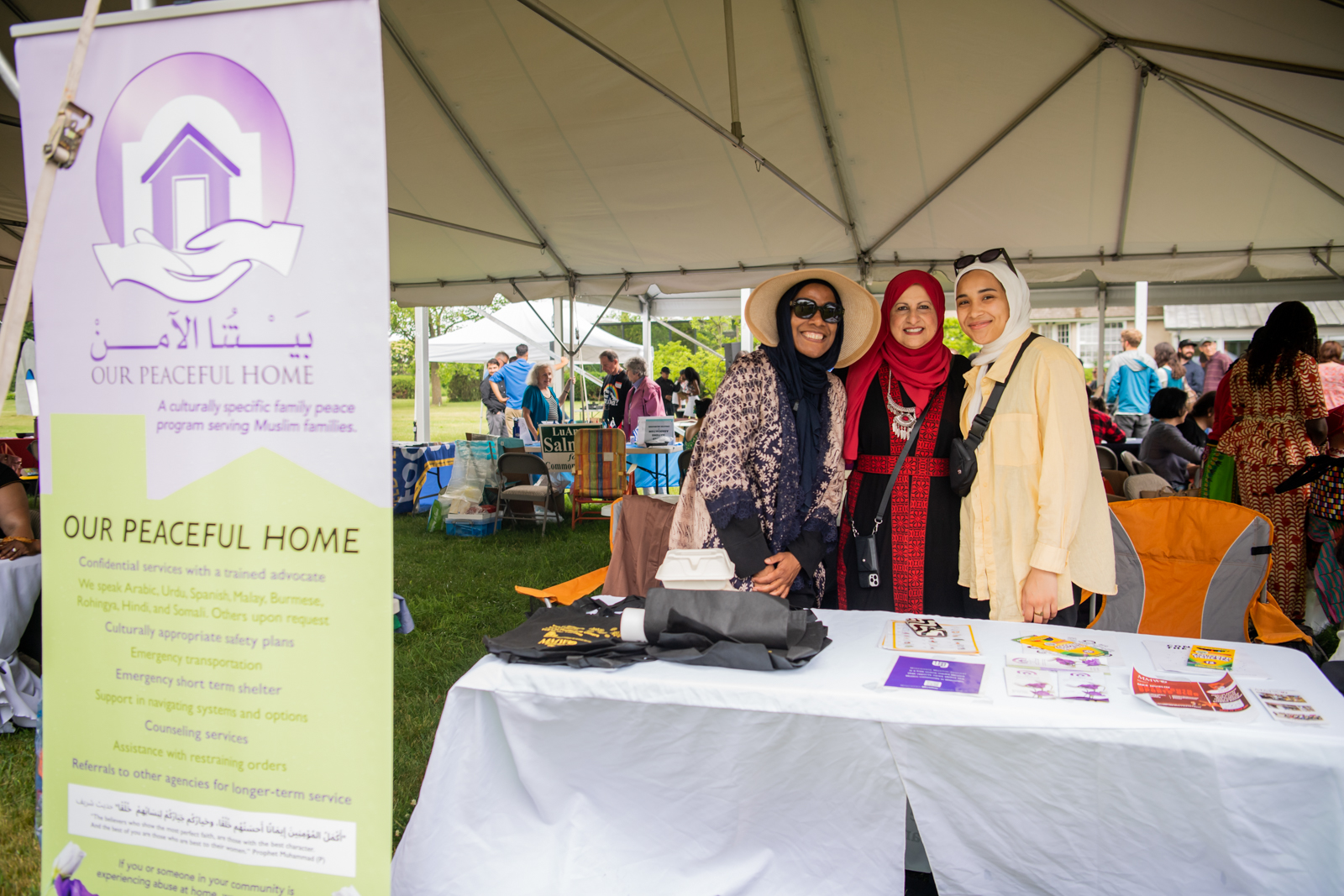
Sharing culture through dance
Among groups that shared traditional dances from their homeland was Al-Waten Dabka and Zaffa. It performs and teaches dabke (also spelled dabka), a folk dance with roots in the Arab cultures of the Levant (Palestine, Lebanon, Jordan and Syria). Dancers stand in a line and hold hands while stomping their feet in a synchronized rhythm.
“Our main goal for me personally is to share Palestinian culture and to show its beauty,” said Mahdi Jaber, 24, who founded the troupe in 2019. “The displacement of Palestinians, the apartheid and other things happening in Palestine drive us to do more cultural events. We want to share our culture with people to give us a platform to speak about our country.”

Al-Waten Dabka and Zaffa has members from age 14 through 27, noted the troupe’s co-leader Khaled Hamed, 27. “What’s nice is that we pass it on to these teenagers who then hopefully, when they grow up, pass it on to other teenagers. We want to allow the generations to learn dabke and keep performing it at different events.
Jaber didn’t set out to start a dance troupe. When he was a student at the University of Wisconsin-Milwaukee, “a couple of guys approached me asking for lessons. They said, ‘Hey, we’ve seen you at weddings. Can you teach us?’ They were very persistent.”
He started teaching them during a break between semesters “and more people started hearing about it.” Jaber moved the lessons to a community space at the Islamic Society of Milwaukee, where even more people saw them practicing and asked to join.
One day, someone said to him, “I heard you started a dabke team.” That planted the idea and, with Hamed, they recruited a few others who already know how to dance. Now the group has 18 members, “10 guys 100% ready for performance and eight in training.”

Mahdi Jaber, 24, founder of Al Watan Dabka and Zaffa, leads the troupe performing at HOME: World Refugee Day.
Both Jaber and Hamed, as well as almost half the members of the dance troupe, have roots in Betein, a Palestinian village near Ramallah where both Jaber and Hamed are from. They trace their dancing roots back to Abu Amer, a master dabke dancer in Betein who “taught guys who taught us. We started there and made something we are proud of,” Hamed said. “It represents our community and our culture.”
The dance troupe offers lessons for boys and girls from 8 to 14 years old in 8-week and 4-week programs. (They sometimes teach children as young as 4 up to teenagers, Hamed added.) It helps keep the tradition alive, Jaber noted.
Rohingya musician joins the celebration
Rohingya musician Hamid Ullah made his first live concert in the Milwaukee area Sunday at the 2023 World Refugee Celebration at Lynden. A refugee from Buthidaung, Myanmar, Ullah is known for his mastery of the mandolin and harmonium and his narrations of hope and lamentation. His original songs and music, arranged in the traditional Rohingya oral poetic form, echo stories of freedom and loss.
Rohingya are a Muslim ethnic minority in Myanmar, a Buddhist-majority country, who have been oppressed for decades. In what the United States declared a genocide, Myanmar’s military junta unleashed a wave of violence in 2017 against the Rohingya, who fled in large numbers to surrounding countries. Some eventually resettled in other countries. The largest population of Rohingya refugees in the United States is in Milwaukee.
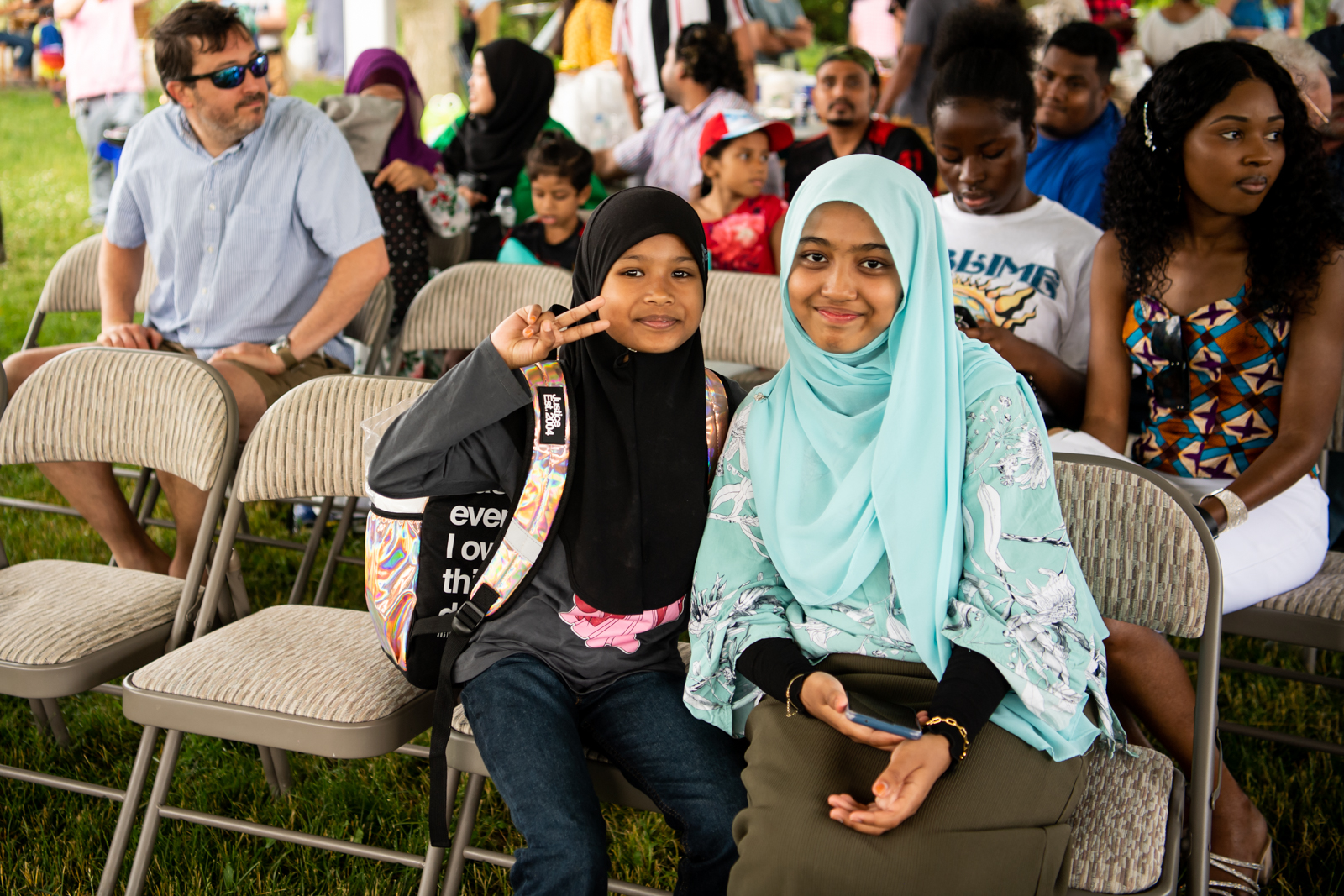
Sharing the art of henna tattooing
Henna tattooing is an art shared with cultures from South East Asia through India and Pakistan to the Levant and across North Africa, she added. Henna is a red-orange dye created from henna plant leaves to create temporary tattoos, often with intricate designs. “Henna has always been a part of my life,” said Nurhayati Ali, a graduate of the University of Wisconsin-Madison and a member of the Rohingya-Burmese community. “We always do it on religious or happy occasions.”
Ali worked non-stop from 11:30 a.m. to 4 p.m., decorating the hands of adults and children at the henna booth at HOME: World Refugee Day at Lynden. “I’d finish one and start another,” Ali reported, adding that she was thankful a Rohingya-Burmese food vendor brought over a plate of food for her.
Ali’s was one of the first Rohingya families to settle in Wisconsin when she arrived with her mother and father in 2002, she said. The family fled Myanmar to Malaysia and then to Wisconsin, but she was too young to remember the journey, Ali said.
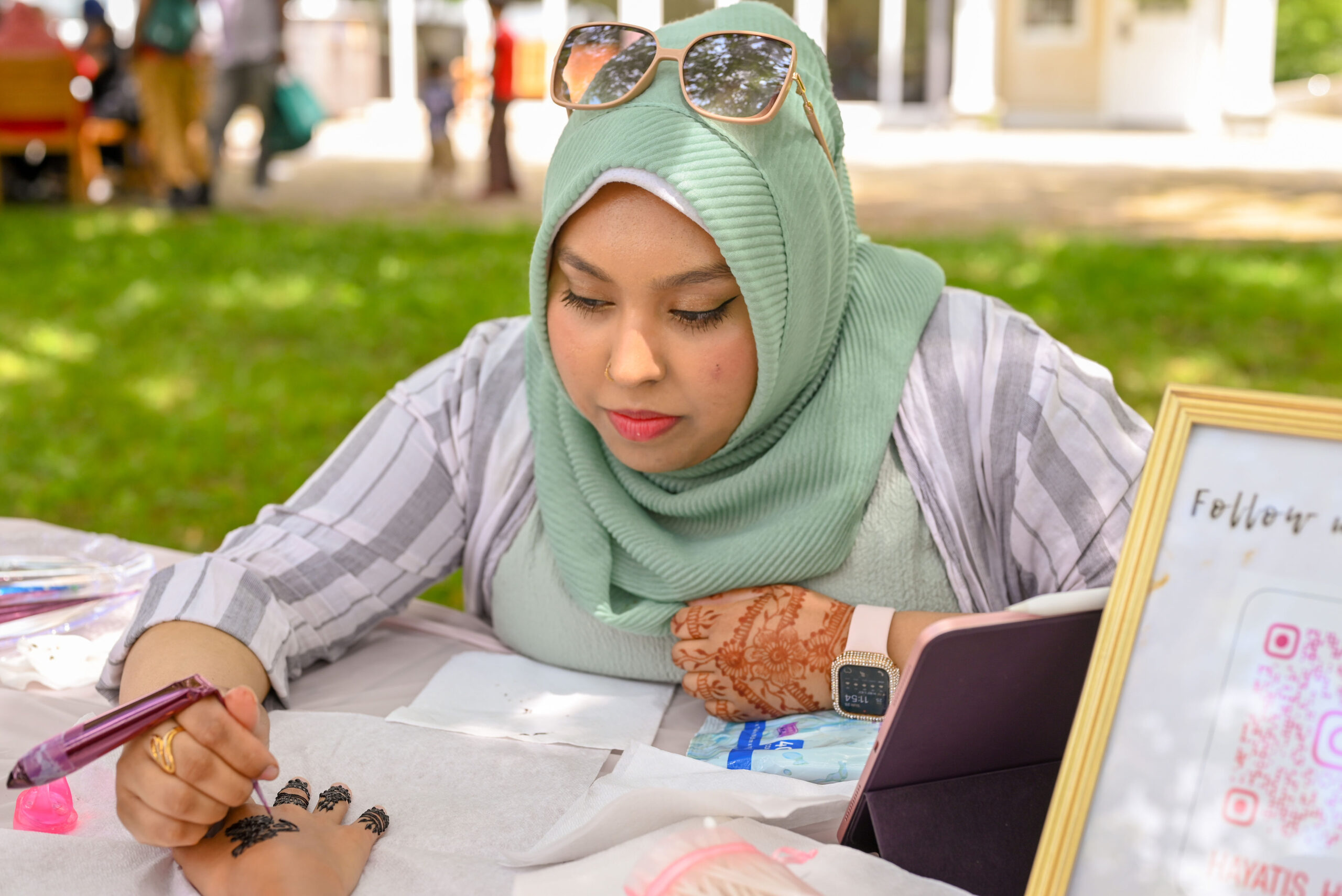
Photo courtesy of Latifa Ali
From an early age, Ali liked to doodle. But when special occasions came up, she looked to someone else to decorate her hands and arms with henna. “One year I decided I should do it for myself on the Eid (a Muslim holiday). I picked up a henna cone and started practicing.”
Similar to cake decorating, a paste made from crushed henna leaves and other ingredients is squeezed through the narrow opening at the end of a cone to draw designs, she explained.
“I was about 17 years old when I started doing henna for friends and family. In 2020, it really took off and I started a very small business, Hayati’s Henna.” Ali made an Instagram account in 2021 and created media for her business. She provides henna designs for weddings, holidays and other special occasions.

A graduate from UW-Madison in neurobiology, Ali is on the pre-med track and her henna business is really a hobby, she said. She is working in a medical clinic to gain clinical experience.
“For me, henna was a creative way to express my culture,” she explained. “It makes me happy when people’s faces light up when they see it. It is a form of art and a great way to connect with others.”







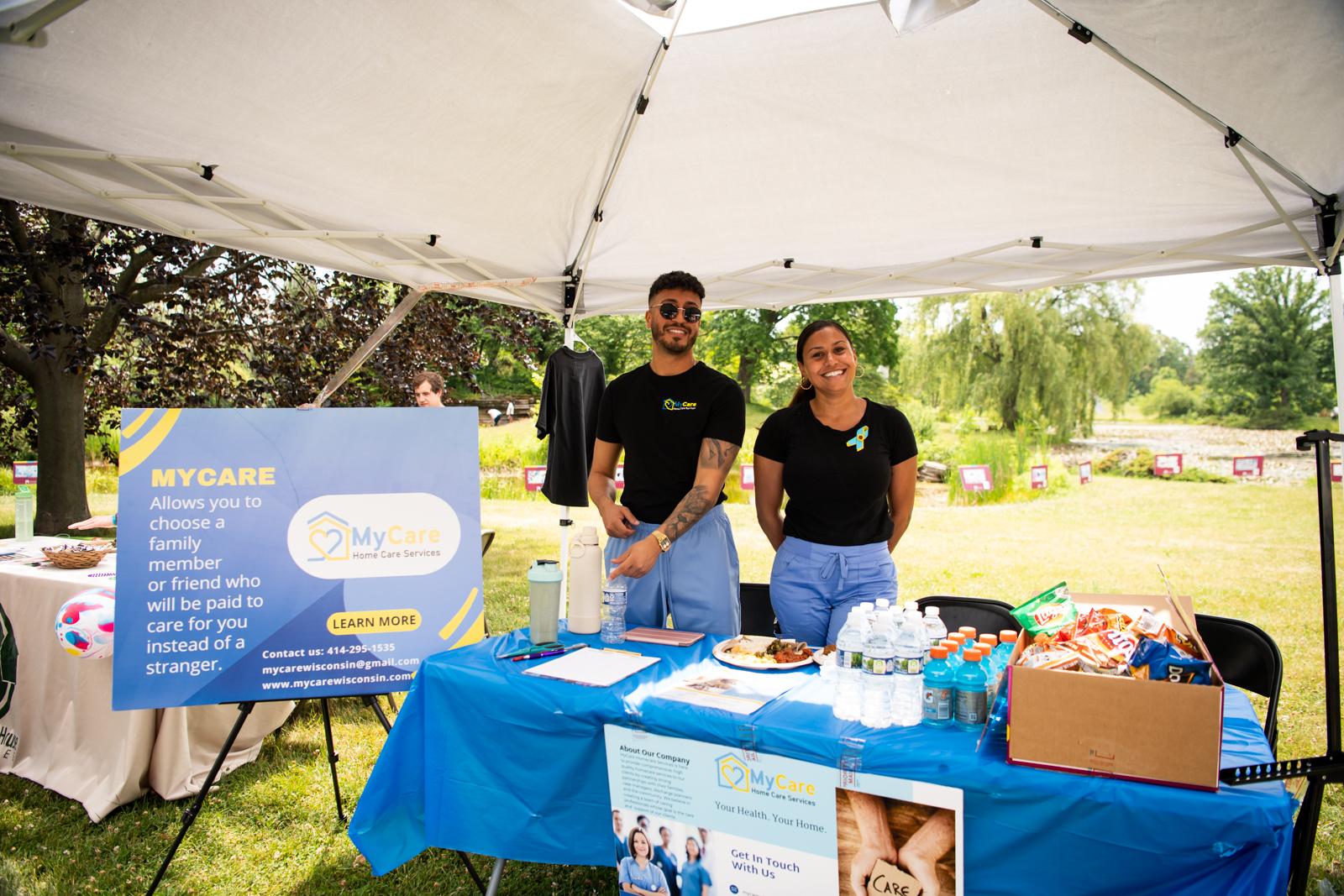


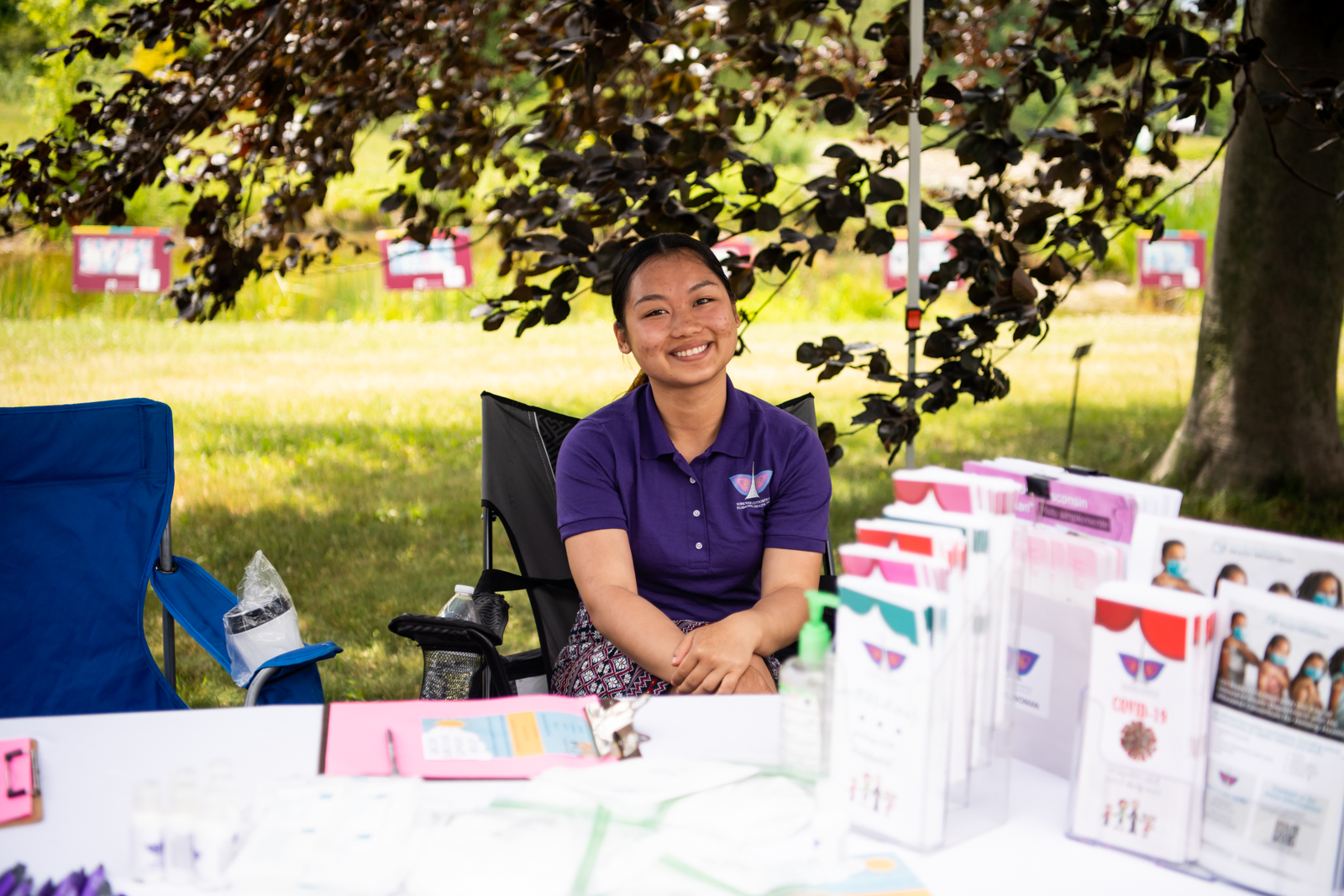




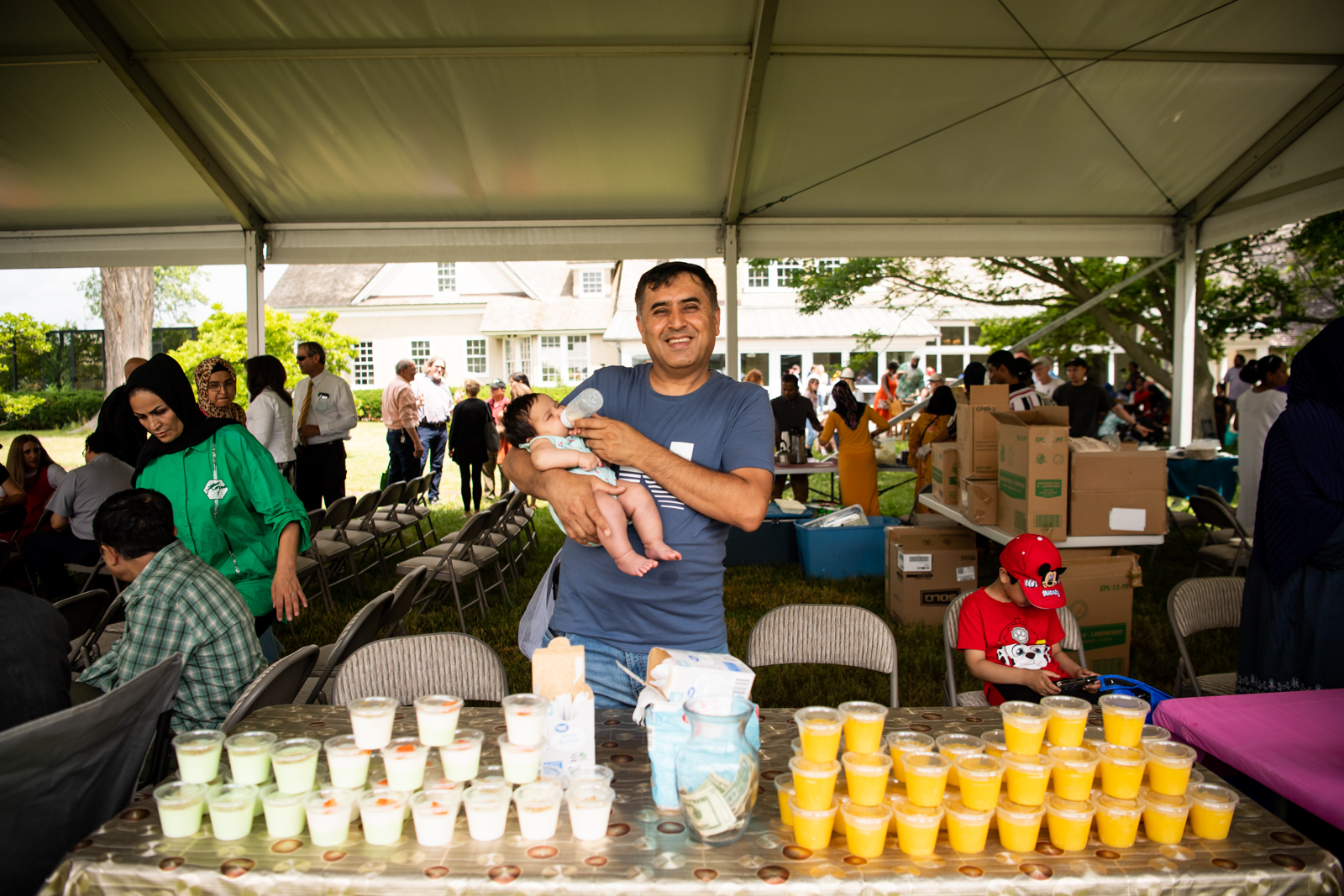

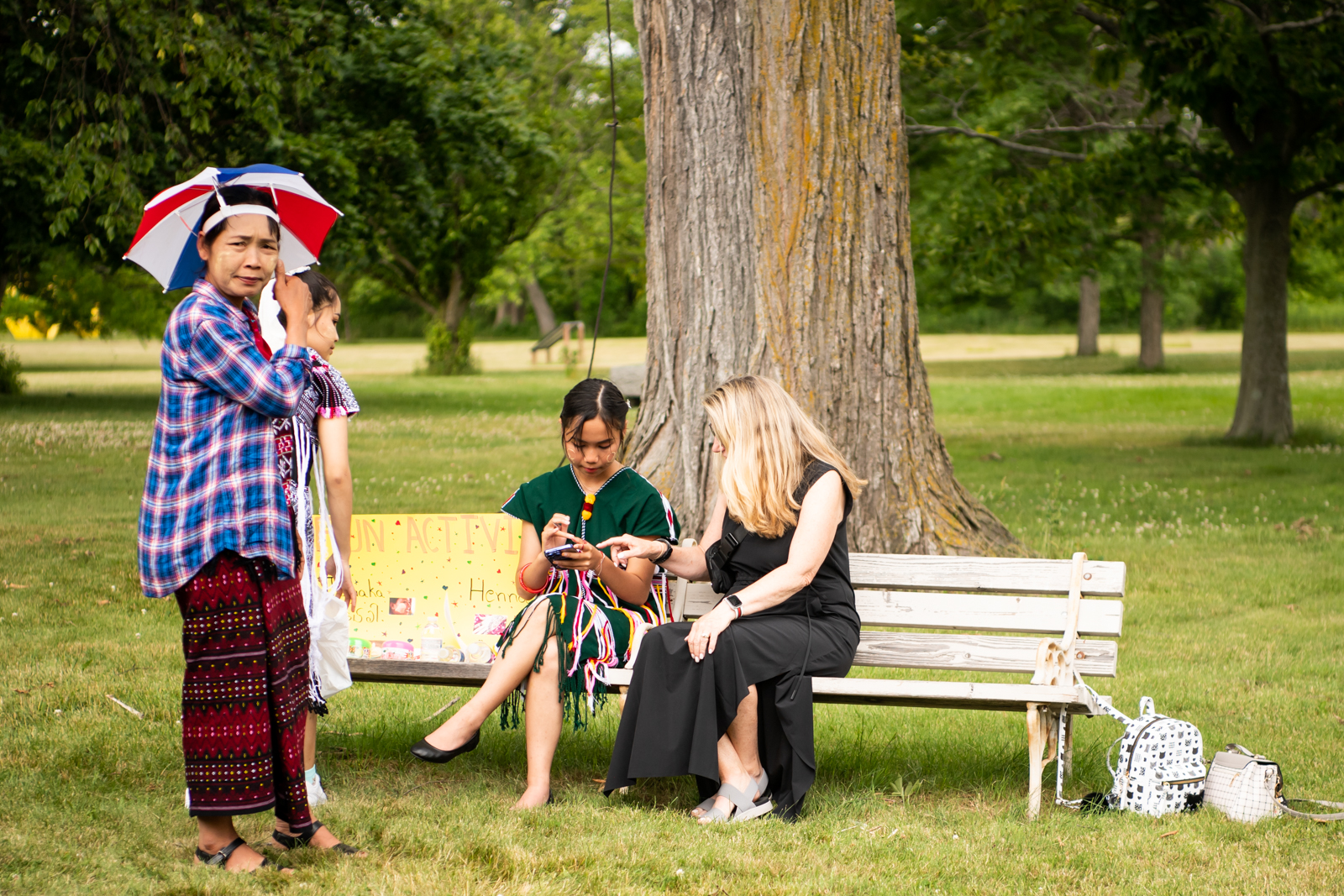
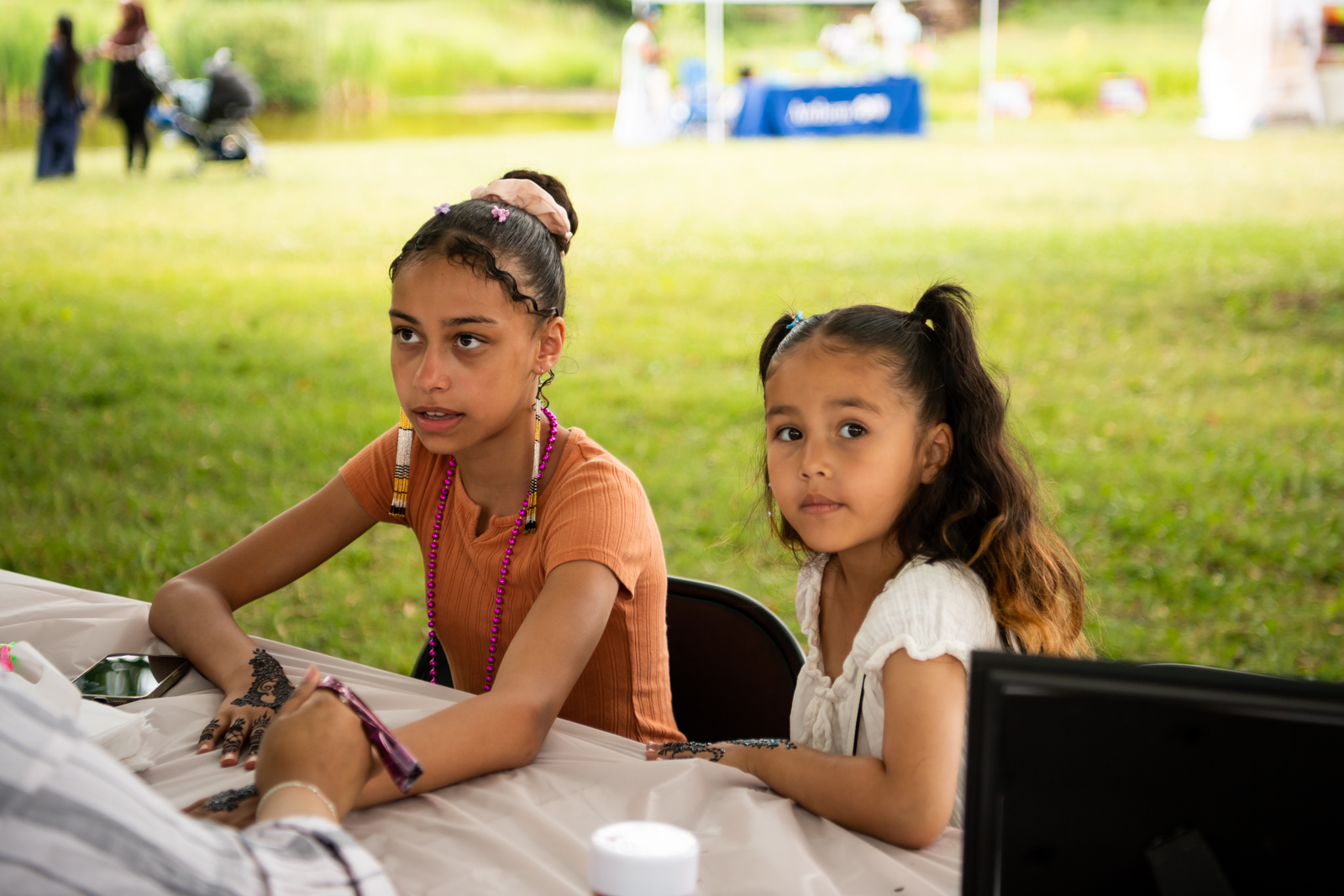






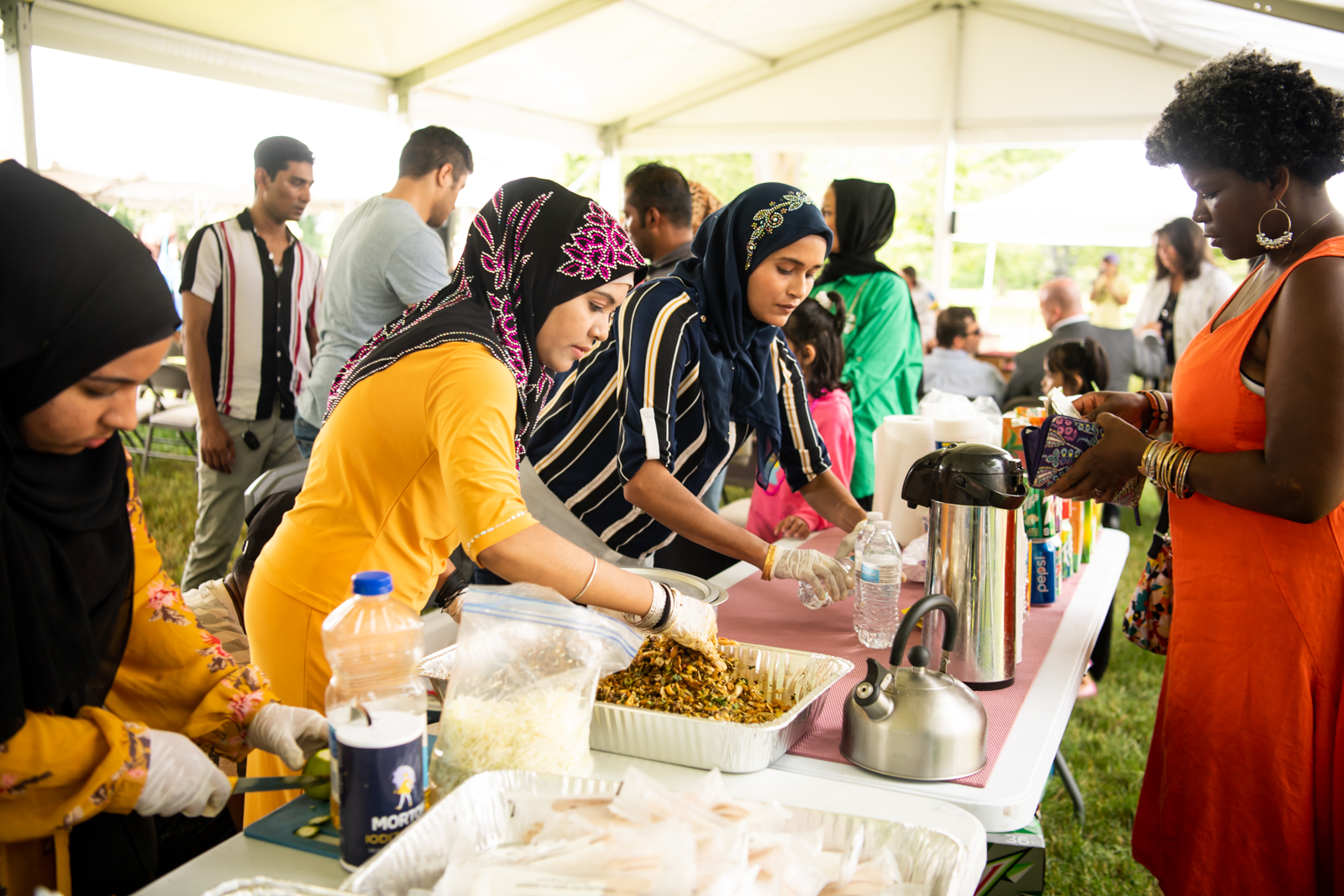


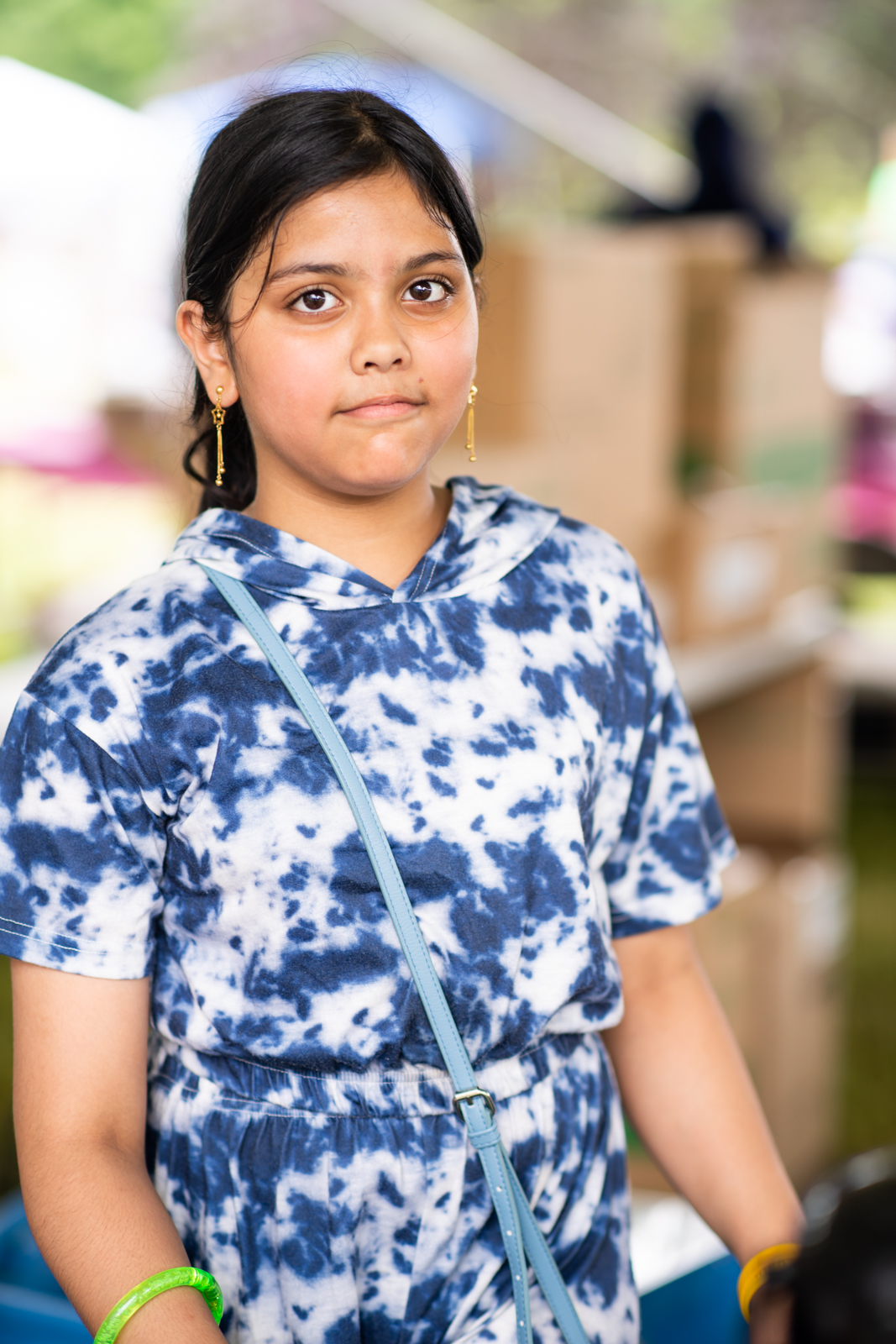




Bonus photos by Latifa Ali
